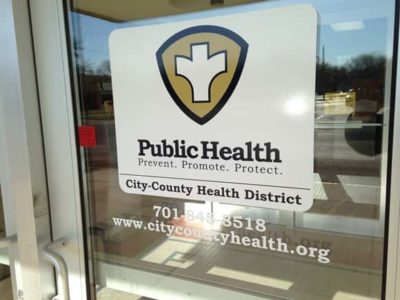
VALLEY CITY, N.D. (CCH District) – The coronavirus can significantly affect mental health for everyone, but especially for those with mental illness. Both the anxiety of contracting the disease as well as the increase in loneliness and isolation can worsen and trigger symptoms.
Acknowledging, recognizing and acting on mental distress in these uncertain times is key to lessening the impact. Here are the symptoms to watch for.
ANXIETY: Anxiety related to the coronavirus is to be expected.
OBSESSIONS: In a situation like this one, it is easy to become obsessive about disease prevention, especially for those with OCD who already experience contamination obsessions.
LONELINESS: Social distancing is considered critical to slowing the spread of the coronavirus. However it can understandably lead to loneliness which is a potential trigger to depression.
TRAUMATIC STRESS: Individuals who have been quarantined may also experience traumatic stress. A survey during the SARS outbreak in 2003 found that nearly 29% experienced traumatic stress.
If you have a behavioral health condition: continue contact with your provider, which will probably be via telehealth or phone.
PHONE NUMBERS:
Recovery Talk: 1-844-44TALK2 (you will visit with a trained peer support addiction specialist)
National Suicide Prevention Lifeline: 1-800-273-8255
FirstLink: 2-1-1 (offers listening and support, referrals to resources or help and crisis intervention). 2-1-1 also works as a text line (text your zipcode to 898-211 from anywhere in our service area for confidential help and support).
SAMHSA Disaster Distress Helpline (Substance Abuse and Mental Health Services Administration) 1-800-985-5990 (or text TalkWithUs to 66746) to connect with a trained crisis counselor.
Mental Health First Aid: text 741741 to talk with a crisis counselor.
For more information on COVID-19 contact City County Health District about any concerns or needs that you may have (845-8518)
This article comes to you from City County Health District. Information for this article was taken from the National Alliance on Mental Illness, the CDC, and Mental Health First Aid.
